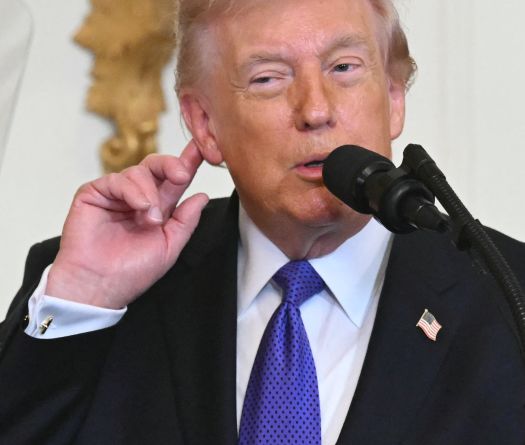
- 10:36 Drone debris causes fire at UAE oil industry site, operations resume: media office
- 10:26 Lebanon's army redeploys troops in border area after Israel's 'escalation': army source
- 10:10 European gas prices jump another 30% on Iran fallout
- 10:09 European stock markets extend slide at open amid Iran war
- 09:57 Brent crude surges more than 4% on Middle East turmoil
- 09:34 China urges all sides to maintain safety in Hormuz Strait
- 09:32 Drones hit fuel tank in Oman port: state media
- 09:28 Israel defence minister says told troops to 'take control' of new positions in Lebanon
- 09:25 Drone strikes blamed on Iran hit Iranian Kurd camp in Iraq: official, exiled group
- 09:23 Trump says US-UK relationship 'not like it used to be'


U.S. Official to TIB: ‘Hezbollah has made a grave mistake by entering this war at Iran’s direction’
This is Beirut 02/03 21:00

Israel Intensifies Campaign in Lebanon Against Hezbollah as Israeli Army Plans Next Steps
This is Beirut 02/03 18:20

Israel Army Chief Vows to Strike 'All Terrorist Leaders and Factions' Across Middle East
This is Beirut 02/03 16:45

Israeli Army Issues 18 Urgent Evacuation Warnings Across Lebanon
This is Beirut 02/03 14:45
See all

U.S. Embassies Targeted Throughout the Region
This is Beirut 03:40

Qatar Downs Iran Warplanes, Halts LNG Production as Gulf Crisis Deepens
This is Beirut 02/03 19:45

Breaking the Crowdfunding Myth: The Digital Architecture Funding Iran’s Proxy Wars
Ian Talley 02/03 16:05

Saudi Military Raises Readiness Levels After Attacks
This is Beirut 02/03 16:00

U.S. Secretary of War: “The Iranian Regime Must Change”
This is Beirut 02/03 15:45


































